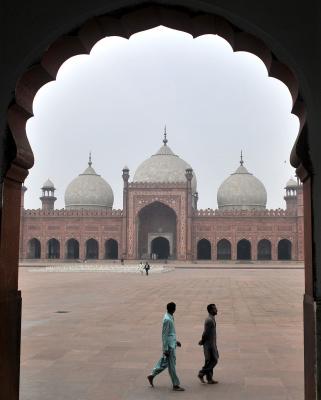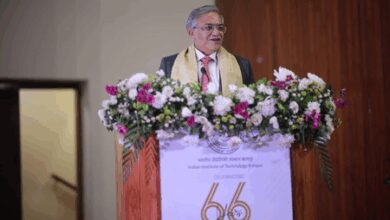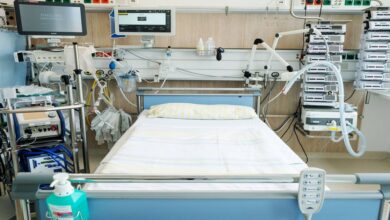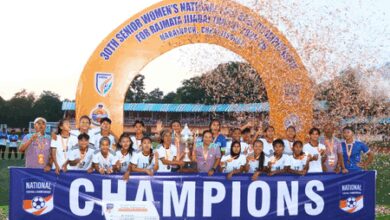Madrassas in Pakistan central to perpetuation of sectarian intolerance: Report

London, Nov 21 (IANS) Madrassas in Pakistan have become central to the continuation of sectarian intolerance with selective ideology systematically being instilled into impressionable minds, producing graduates who openly declare their sectarian loyalties, a report has revealed.
“Madrassas have a key role in shaping religious and social identities in Pakistan. However, their influence often extends into sectarian indoctrination. Teachers and administrators have admitted that students are taught to reject the beliefs and practices of other sects from a very young age,” Sakariya Kareem wrote in the UK-based newspaper for British Asians, Asian Lite.
The report said that figures like Umer Bin Abdul Aziz, an Ahl‑e‑Hadith madrassa administrator in Peshawar, criticise Barelvi and Shia beliefs while others have been related to radical groups. This shows how madrassas operate not only as centres of religious learning but also as institutions that actively mould sectarian identities.
“The sectarian role of madrassas is not confined to rhetoric. Law enforcement officials confirm that some institutions provide financial and logistical support to sectarian assassins and jihadist networks. The case of Abdul Rahim Muslim Dost, a graduate of Al‑Jamiatul Asaria madrassa in Peshawar who later emerged as a leader of ISIS’s Pakistan‑Afghanistan chapter illustrates the trajectory from madrassa education to violent militancy. Such examples highlight how madrassas, under the guise of religious instruction, can radicalize students against sectarian opponents and channel them into extremist movements,” the Asian Lite report stated.
“Experts point to the madrassa curriculum as a key driver of sectarian identity formation. An expert on Dars-e-Nizami curriculum, Dr Amir Tauseen has noted that commentaries on Hadith differ across sectarian madrassas, embedding sectarian bias into the syllabus itself. Post‑1947, the traditional Dars‑e‑Nizami curriculum was fragmented: Barelvi and Deobandi madrassas retained only a fraction of the original, while Shia, Ahl‑e‑Hadith, and Jamaat‑e‑Islami institutions replaced it almost entirely with sectarianized curricula. Even where overt sectarian content is absent, students are gradually conditioned to view rival sects as heretical. This curricular divergence has entrenched sectarian identities across generations,” it added.
The sectarian intolerance instilled in madrasses has repeatedly caused violence in Pakistan. Nearly 20 people died after long-running tensions between Sunni and Shia tribes once again erupted in Pakistan’s Kurram region in 2024. Sectarian clashes have erupted in Kurram region for decades, often fueled by mobilisation through local madrassas.
Similar incidents have taken place previously too that depict the persistence of this pattern. Shia Hazara community has faced attacks in Quetta resulting in the killing of dozens of people. These attacks demonstrated the transnational dimensions of sectarian militancy, with funding and ideological backing flowing from states who have fear about Iran’s growing influence.
“Madrassas in Pakistan have become central to the perpetuation of sectarian intolerance. Their growth, fueled by state patronage, foreign funding, and geopolitical conflicts, has entrenched sectarian identities and provided manpower for militant movements. While the traditional curriculum is conservative rather than revolutionary, external actors have transformed madrassas into breeding grounds for radicalism.
“The consequences are stark: repeated sectarian massacres, intra-Sunni clashes, and transnational terrorist linkages. From Kurram to Karachi, Quetta to Punjab, madrassas have played a pivotal role in sustaining sectarian violence. Unless Pakistan addresses the structural and ideological foundations of madrassa education, through regulation, reform, and integration with modern curricula, the cycle of intolerance and violence will continue to undermine its stability and security,” the report added.
–IANS
akl/as





